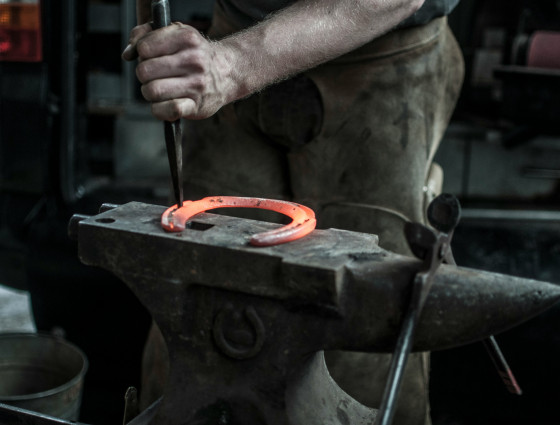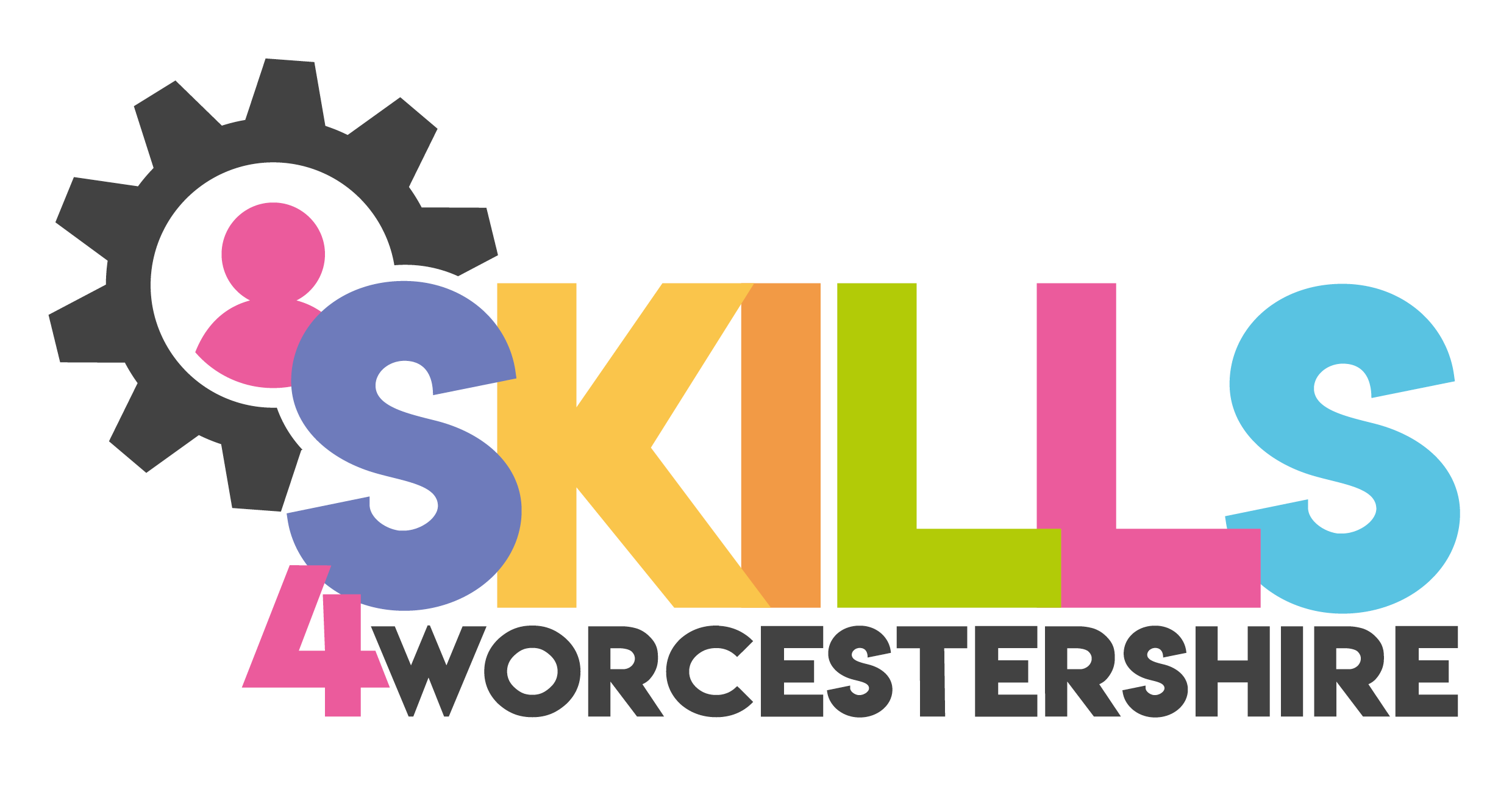
Advanced Manufacturing and Engineering - Blacksmith
Advanced Manufacturing and Engineering - Blacksmith
Amber
Blacksmiths use a variety of tools, hammers, and tongs to shape heated metal to make and repair a variety of metal articles by heating, hammering and bending.
- Working with your hands, heat, hammers, tongs to mould and shape metal
- Working with a heated forge
- You will need to talk to customers as each piece of work you make will be built as a unique piece very often
- You will need to be able to lift and load sometimes heavy items of metal
As a Blacksmith you will work mainly indoors, and you will be by a heat source such as a forge, so you will be hot. Protective clothing and goggles will be part of what you wear to keep you safe. The work is creative, but sometimes repetitive when you make a lot of the same item.
You could work in a factory, in a workshop or in a foundry workshop. Your working environment may be physically demanding, hot and noisy.
Blacksmiths tend to work 47 to 49 hours per week. As most Blacksmiths are self-employed, the salary and working hours are variable, dependent on the work available.
Starting salary: £15,000
Experienced salary: up to £30,000
Salary can be variable depending on the hours you work.
The majority of people employed in this role will hold an intermediate apprenticeship or GCSEs at grades 9 to 4 (A to C). However, some employers may be more flexible and look at your practical abilities. You could also apply for an apprenticeship. If you have an EHCP you may be able to apply under the DfE exemption which allows the apprentice to use Entry level 3 English and Maths qualifications. The apprentice would have to be component enough to successfully achieve all other aspects of the apprenticeship requirements, become occupationally competent and achieve Entry Level 3 in English and Maths before the end of their apprenticeship.
You can do a degree course in artist blacksmithing at university. You'll need a portfolio of your work and creative ideas to show at university interviews. You'll usually need:
- a foundation diploma in art and design
- 2 to 3 A levels, or equivalent, for a degree
You could work as an assistant to an experienced blacksmith and learn the craft on the job. You might find it useful if you have experience in metalwork and technical drawing.
